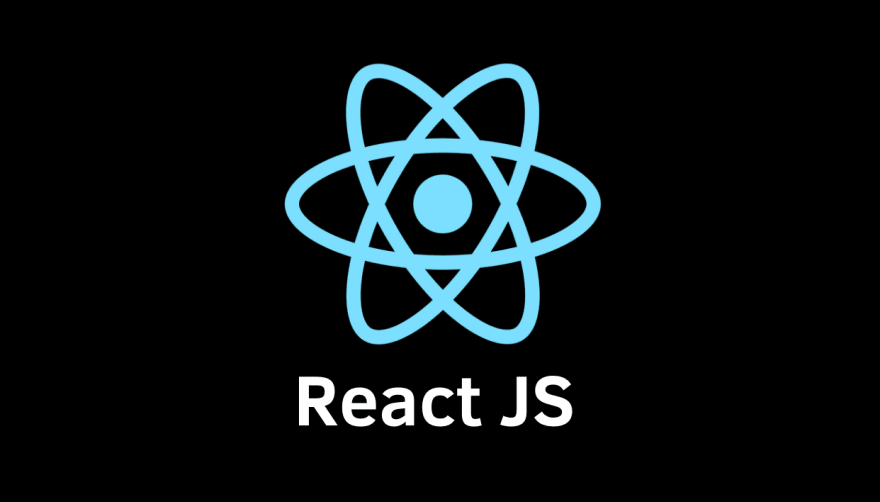When comes to front-end development, we have observed that Angular is the default choice among business owners who wants to take their business online.
However, there is another popular front-end development framework called React JS that has been breaking records in the web development space.
Why React.js?
React.js is a front-end library that has gradually become the go-to framework for modern web development within the javascript community. React, compared to other popular front-end frameworks like Angular & Vue, is much easier to learn.
React comes with JSX, an optional syntax extension, which makes it possible to write your own components.
- SEO-friendly
- ToolKit support
- Testing of components
- Availability of extensions
- Simple to test
Using Reactjs, you can build complex UI interactions that communicate with server in record time with javascript-driven pages. React.js is designed for performance optimization. With the use of the virtual DOM, React efficiently updates and renders only the necessary components, resulting in faster rendering and improved user experience. It provides tools like Jest, Enzyme, and React Testing Library, which make it easier to write unit tests, integration tests, and snapshot tests.
Key benefits of react js for front-end development
Usability
Deploying React is fairly easy to accomplish if you have some basic knowledge of JavaScript. An expert JavaScript developer can easily learn all ins and outs of the React framework in a matter of a day or two.
Performance
React JS was designed to provide high performance in mind. The core of the framework offers a virtual DOM program and server-side rendering, which makes complex apps run extremely fast.
Reusable Components
One of the main benefits of using React JS is its potential to reuse components. It saves time for developers as they don’t have to write various codes for the same features. Furthermore, if any changes are made in any particular part, it will not affect other parts of the application.
Mobile app development
If you thought React is for web development only, you could not be more wrong! Facebook has already upgraded the framework for developing mobile native applications for both Android & iOS platforms.
Sample code
import React from "react";
import ReactDOM from "react-dom/client";
function Hello(props) {
return Hello World!;
}
const container = document.getElementById('root');
const root = ReactDOM.createRoot(container);
root.render(
